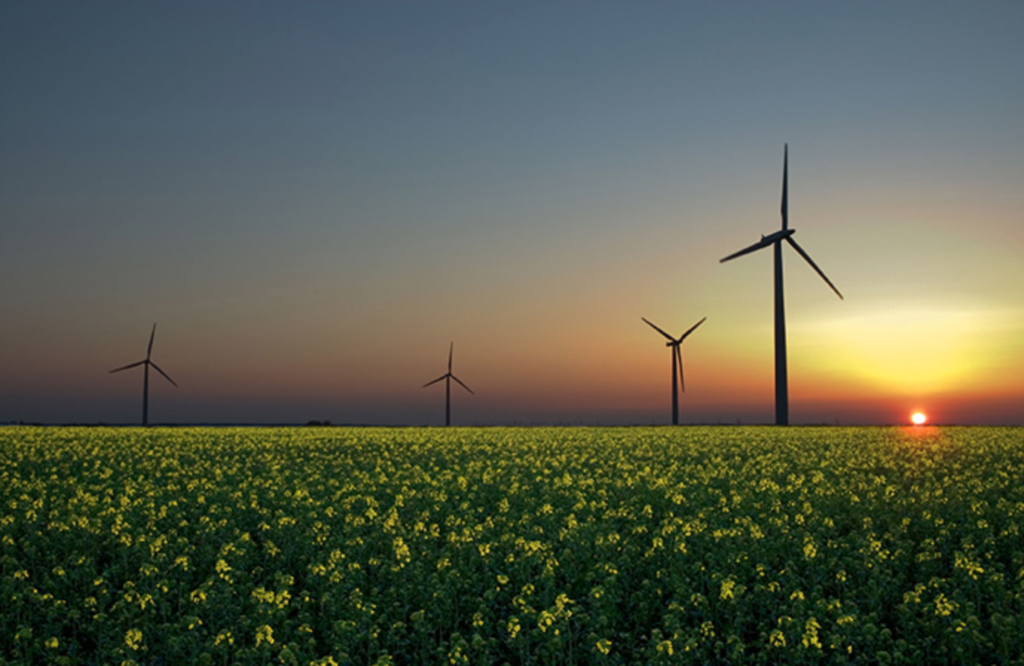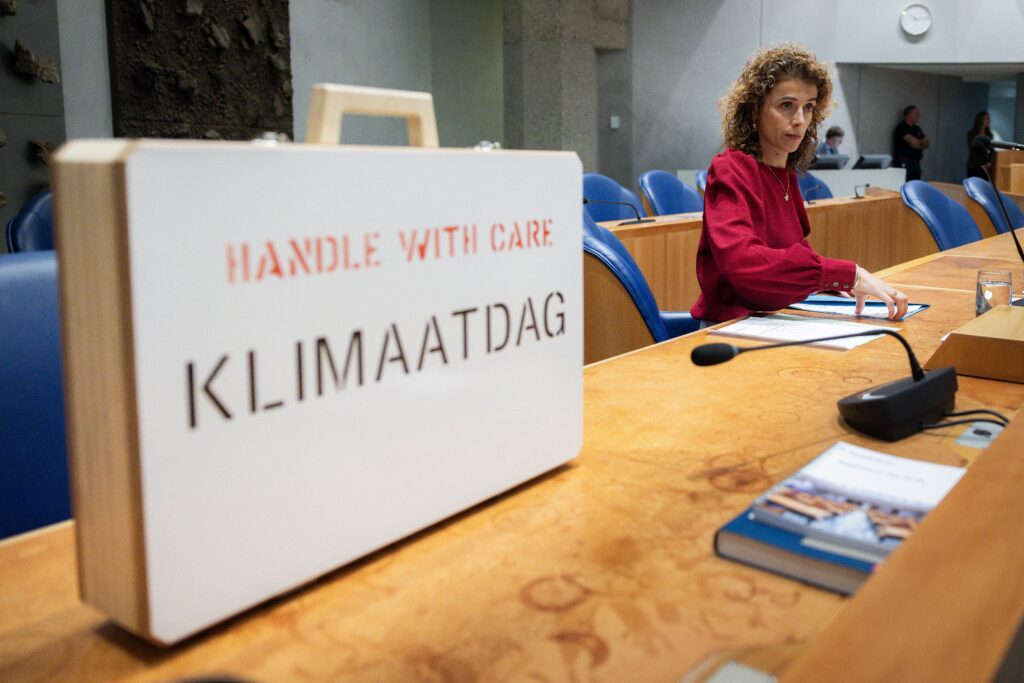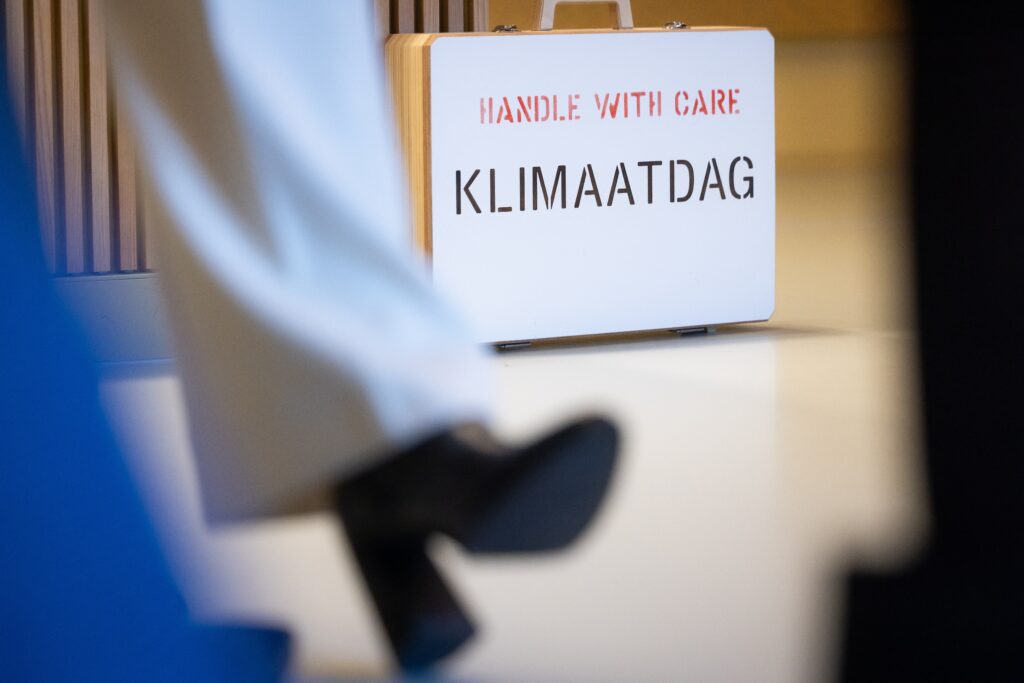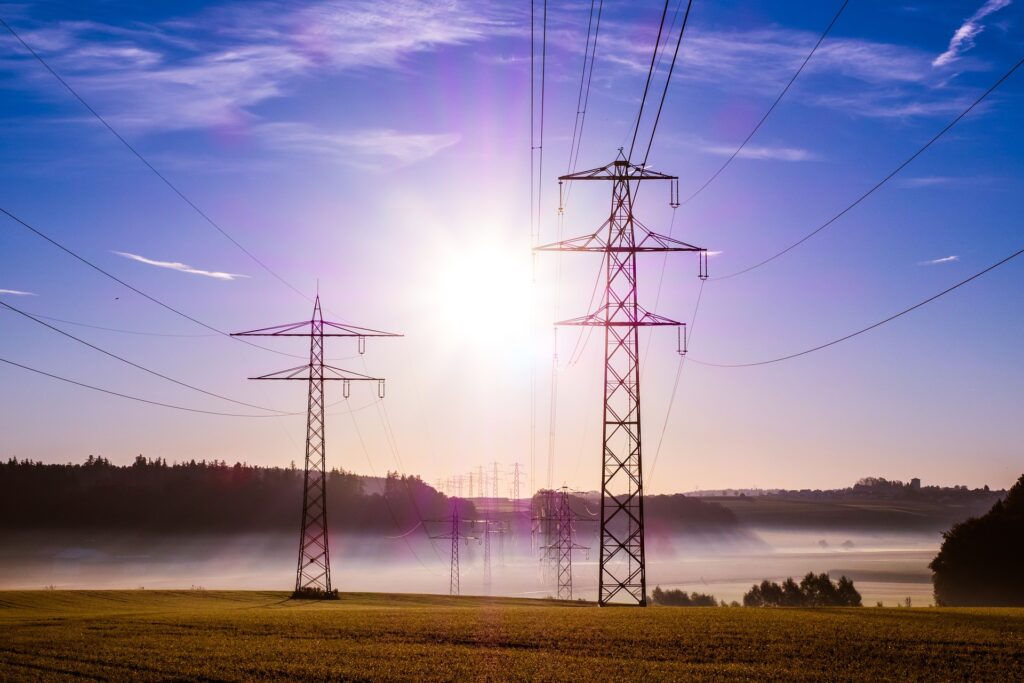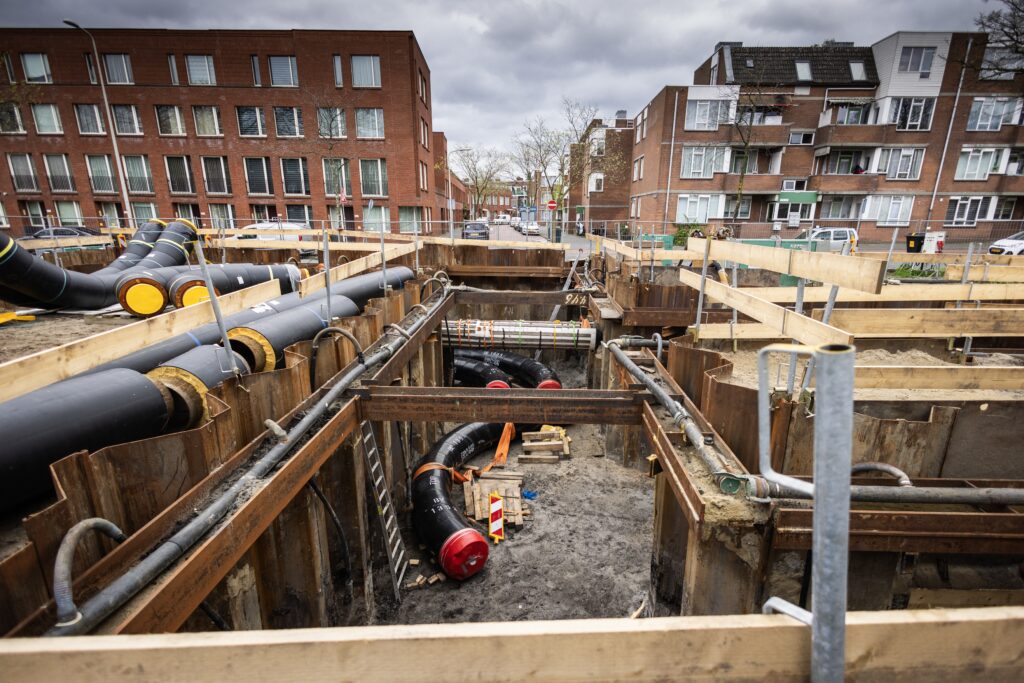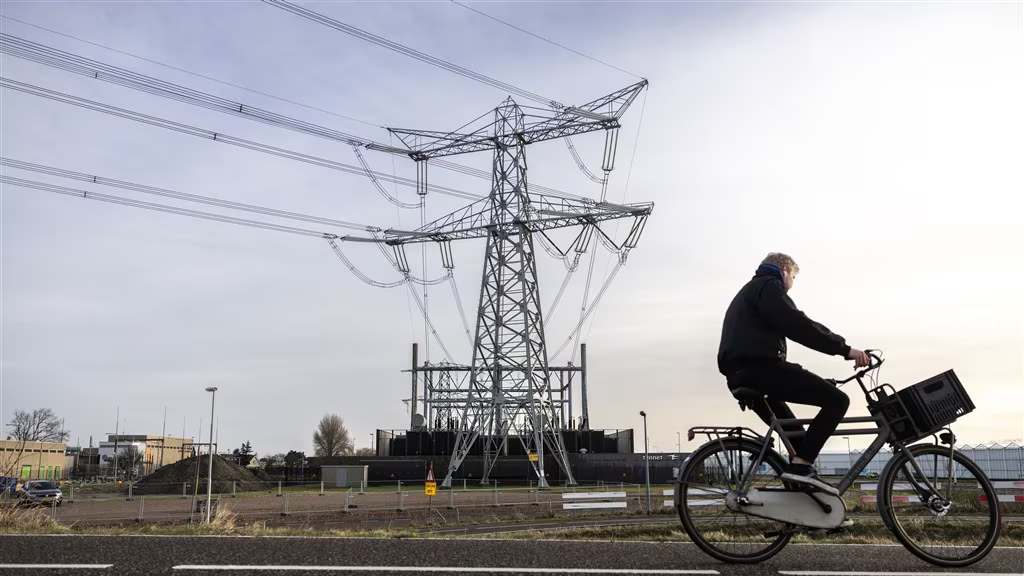Introduction On December 4, outgoing minister Jetten sent the report “Keuzewijzer Climate and Energy” (Climate and Energy Choice Guide) to the House of Representatives. The report was drawn up by a special official working group and intended for the formateur. It contains advice for a new cabinet.
Energie-Nederland has previously published ten recommendations to a new House of Representatives for climate and energy policy, and is satisfied that many of the recommendations are consistent in the ‘Keuzewijzer’.
Energie-Nederland also believes that a well-insulated sustainable home is the best route to an affordable energy bill, but until that is arranged, the government must provide targeted support to vulnerable households through an Emergency Fund. The energy bill can be reduced by lower grid rates and a lower energy tax on electricity; both measures provide an incentive to become more sustainable. Focusing on renewable energy production in the Netherlands and the North Sea also leads to lower energy bills and fewer CO2 emissions. To achieve this, the grid infrastructure must of course be put in order as quickly as possible.
Energie-Nederland is critical of the advice regarding national standardization of Dutch gas-fired power stations, which can seriously endanger security of supply. In addition, we are disappointed that the report does not recognize that the heat transition can be accelerated by involving all parties in the construction of heat networks.
Detailed overview: Advice 1: Combat energy poverty with a targeted support measure and accelerate the sustainability of homes We are pleased that the importance of continuing the Temporary Energy Emergency Fund is recognized, the suggestion to make this instrument legally binding and to delegate implementation to the government. This is the only option to provide targeted help to vulnerable households. This measure may be canceled once houses have been made sufficiently sustainable. Good ideas are put forward for this, such as simplifying applications, interest-free loans and tapping into the realization power of market parties to make acceleration possible.
Advice 2: Make switching to a sustainable alternative attractive by reducing the energy tax on electricity The Choice Guide does not make any suggestions about this, but advocates increasing the natural gas tax as in the “basic path” (see p.86). However, these increasing costs can have major effects on vulnerable households. The transition should not be a punishment but rather attractive. Therefore, reduce the tax on electricity as quickly as possible so that investing in a heat pump becomes more attractive.
Advice 3 & 4: Utilize the enormous potential of wind energy in the North Sea and further growth of renewable energy on land is necessary to achieve our climate goals The goals, in particular for offshore wind and onshore renewables, are clear and well quantified. Energie-Nederland supports the call in the Choice Guide to implement precisely these – well-developed objectives – with the greatest possible tenacity. One of the biggest dilemmas concerns whether there is sufficient demand, especially for the supply of offshore wind farms that are being developed. Energie-Nederland supports the suggestion to at least also investigate how CfDs can play a role in support, which according to EU regulations is the only instrument for subsidy for renewable energy production.
Advice 5: Opt for subsidy tenders for large-scale hydrogen production, just like for offshore wind Hydrogen will play an important role in the future energy system. However, companies must receive investment security to take this step. Energie-Nederland is pleased with the link that the Choice Guide makes between security of supply and the development of Dutch green hydrogen capacity. There is therefore support from Energie-Nederland for drawing up concrete goals for electrolysis with an appropriate subsidy budget and effective standards. These proposals prevent higher costs and delays after 2030. In addition, Energie-Nederland is in favor of introducing lower grid rates for projects that help the transition (hydrogen, batteries, electrification, etc.) to improve the business case for electrolysers.
Advice 6: Encourage the industry to switch to sustainable electricity or green hydrogen The industry must switch to CO2-free energy sources such as sustainable electricity or hydrogen. Therefore, set concrete goals for electrification, expand the SDE++ frameworks and reduce grid rates. The Choice Guide presents two paths: a government that creates conditions or an active industrial policy. Energie-Nederland opts for the second option, which requires the right preconditions to be created, but also a clear course to be set, taking into account specific coordination problems. However, the document remains high over, concrete measures are needed: reduce network rates or correct the SDE++, and let the SDE++ stimulate many more projects than is currently the case.
Advice 7: Expand electricity grids as quickly as possible so that they are suitable for a completely CO2-free electricity system in 2035 The overcrowded grid requires many solutions, including accelerated reinforcement and expansion, shorter permitting processes, adjusted grid rates, flexibility tenders and innovation among grid operators. Energie-Nederland is therefore pleased that many of these proposals are included in the Choice Guide. But attention must be paid to implementing things that have been agreed. For example, despite all agreements about applying congestion management, there are many signals from entrepreneurs who do not receive an offer from their network operator. In this way, local energy hubs cannot continue. The most important thing remains to start implementing all plans, because this is the only way to solve grid congestion.
Advice 8: Guarantee the security of electricity supply with a mechanism that guarantees investments in CO2-free controllable capacity A CO2-free and reliable electricity system requires interconnections, storage, demand response and CO2-free adjustable power. Energie-Nederland supports the Choice Guide’s plea for a clear short-term plan that is based on well-functioning market mechanisms.
However, Energie-Nederland is critical of the use of national standards for the Netherlands alone (option 3) because this could seriously endanger the security of supply in the Netherlands. Other disadvantages are clearly described in the Choice Guide. An unmentioned disadvantage is that European emissions may even increase if relatively clean Dutch gas-fired power stations run fewer hours and German (brown) coal-fired power stations operate more.
Advice 9: Be realistic in phasing out natural gas and building up green gas Gas will remain part of the Dutch energy system for the foreseeable future and as long as that is the case, national gas extraction will be necessary. Energie-Nederland endorses the call in the Choice Guide to guarantee security of supply and affordability through a careful phasing-out strategy and national gas extraction. The Choice Guide does not say anything about the level of the target for the green gas blending obligation (currently 1.6 bcm), which seems unattainable based on the ministry’s own research and PBL, so an ambitious but also realistic target must be set, with further growth to 2035.
Advice 10: Accelerate the construction of sustainable heating networks by using the realization power of all parties Energie-Nederland states that the current Wcw delays the heat transition, due to the political decision of mandatory public majority ownership in heat companies. On behalf of Minister Jetten, PwC conducted research into the consequences of making heating networks publicly owned. The main conclusion of the study is that this decision makes the 2030 target of 500,000 new connections “probably unattainable” due to a lack of realization power among public parties (see p.8). The Choice Guide provides a number of options for accelerating the installation of collective heating systems. It is striking that the option to have all parties (public and private) contribute to the heat transition is missing, while this official group should advise on possible policy options independently of politics.

